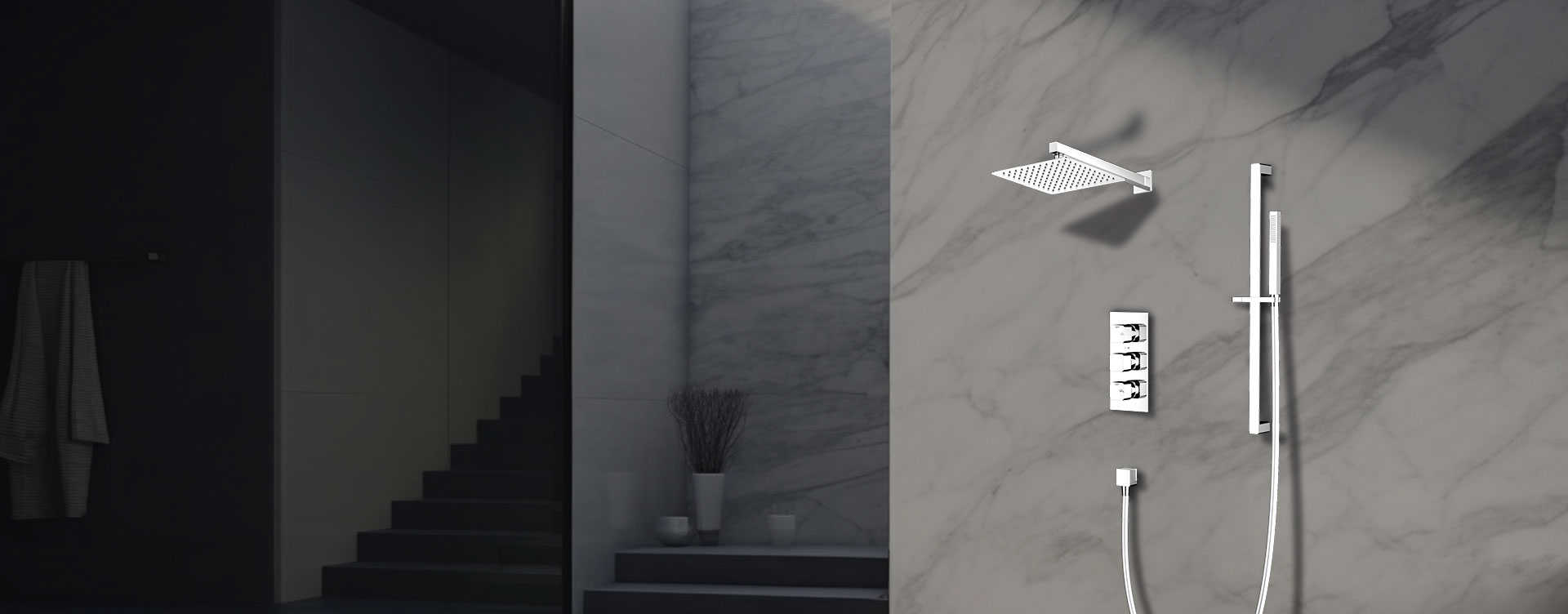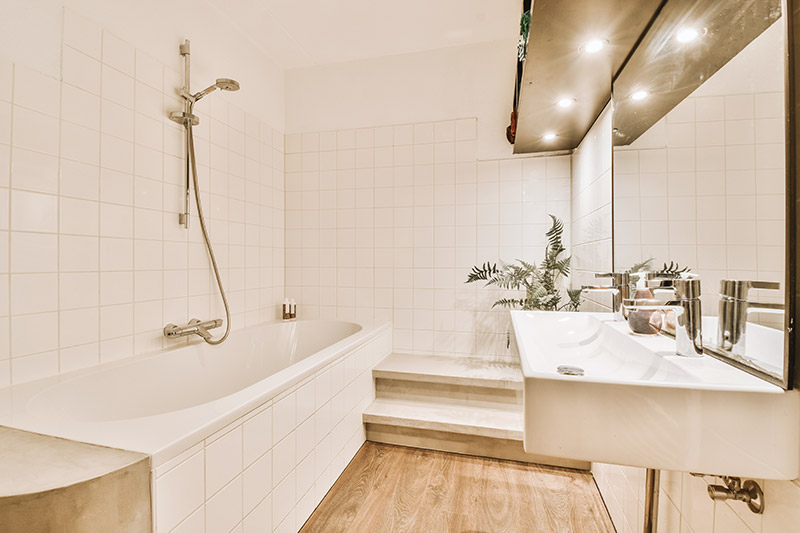
When it comes to selecting a shower system, the choice of materials is a critical factor influencing both functionality and aesthetic appeal. The material used in the construction of your shower system not only affects its durability but also contributes to the overall style of your bathroom. In this article, we will explore different materials commonly used in shower systems and provide guidance on choosing the best option for your needs.
1. Stainless Steel:
Stainless steel is a popular choice for shower systems due to its exceptional durability and resistance to corrosion. This material is known for its sleek and modern appearance, making it a great fit for contemporary bathroom designs. stainless steel shower systems are not only robust but also easy to clean, providing a long-lasting and visually appealing solution.

2. Brass:
brass shower systems exude a classic and timeless elegance. Known for its sturdiness and resistance to corrosion, brass is a reliable material that stands the test of time. Additionally, brass can be finished in various ways, including polished, brushed, or antique finishes, allowing for versatile design options to complement different bathroom styles.
3. Chrome-Plated Brass:
Chrome-plated brass combines the durability of brass with the aesthetic appeal of chrome. The chrome plating enhances the corrosion resistance of brass while providing a shiny and reflective surface. This material choice is not only visually appealing but also easy to maintain, making it a popular option for shower systems.
4. Aluminum:
Aluminum is a lightweight and corrosion-resistant material commonly used in shower systems. While not as heavy-duty as stainless steel or brass, aluminum is an excellent choice for those seeking a more budget-friendly option without compromising on durability. It is also known for its ability to resist rust and corrosion, making it suitable for wet environments.
5. Plastic:
Plastic shower systems are a cost-effective option that comes in various styles and colors. While plastic may not match the durability of metal options, it is resistant to corrosion and easy to install. Plastic shower systems are often chosen for their affordability and versatility in design.
6. Copper:
copper shower systems offer a unique and luxurious aesthetic. While copper is prone to tarnishing over time, many homeowners appreciate the character that develops with a natural patina. Regular maintenance, such as polishing, can help preserve the shine of copper shower systems.
7. Glass:
Glass is commonly used for shower enclosures and doors. It adds a touch of sophistication and openness to the bathroom space. Ensure that the glass is tempered for safety and durability. Glass can be combined with other materials, such as stainless steel or aluminum, for a modern and stylish shower system.
Selecting the right material for your shower system involves considering factors such as durability, aesthetic preferences, and budget constraints. Stainless steel and brass are often favored for their combination of strength and style, while aluminum and plastic provide cost-effective options. Ultimately, the best choice depends on your individual needs and the overall design vision for your bathroom. By carefully evaluating the characteristics of each material, you can make an informed decision that ensures a shower system that not only meets your functional requirements but also enhances the visual appeal of your bathroom.